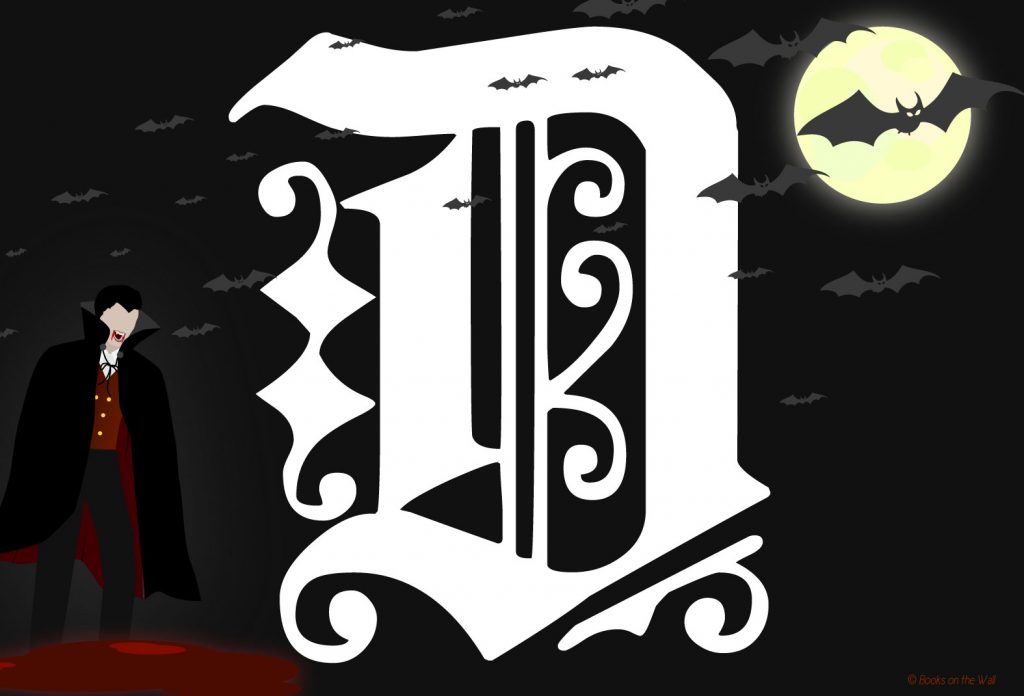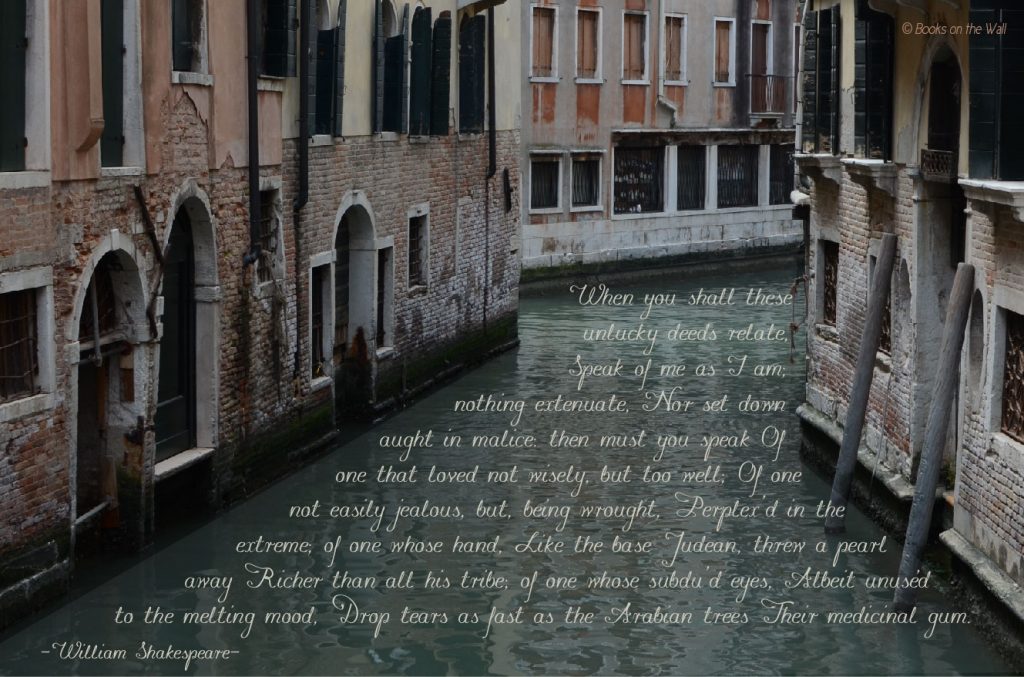Books on the Wall blog posts covering classic literature, classical authors, and everything in between.

Despite their regular global success, Disney movies aren’t known for being particularly accurate. They are generally neither true to history, like in the case of Pocahontas, nor to their original fictional source (see: The Little Mermaid, Peter Pan, Tarzan and The Hunchback of Notre Dame, among others). That last one is the focus of our post today. So how does the Disney animated movie, The Hunchback of Notre Dame, differ from the original book by Victor Hugo, Notre-Dame de Paris? Obvious Differences Illustration of the Hunchback of Notre Dame by Victor Hugo, via Wikimedia Commons Let’s start with the “no-duh” differences between […]
Continue Reading
This quote comes from Oscar Wilde’s The Picture of Dorian Gray, published in 1890. A brilliant wordsmith, Oscar Wilde is perhaps most known for his sharp turn of turn-of-phrase and memorable one-liners which hide a kernal of truth in a pithy joke. When The Picture of Dorian Gray was published, British reviewers were scandalized by its so-called moral impropriety, and some even suggested that Wilde be prosecuted for violating public morality. Wilde’s reply to these critics, published in the print version of the novel, has become as famous as the novel itself: “There is no such thing as a moral […]
Continue Reading
This quote comes from Victor Hugo’s Les Misérables. Originally published in French in 1862, the historical novel follows several characters, including ex-convict Jean Valjean and orphaned Cosette, during France’s June Rebellion. One of longest novels ever written, critics have argued that the length of Les Misérables is in fact its greatest strength. Numerous movie and Broadway adaptations have helped Victor Hugo’s masterpiece remain as popular and relevant as ever. If you’re a big Les Mis fan—or you haven’t started reading it yet—check our Les Misérables text poster!
Continue Reading
This quote comes from The Tempest. Written and published in the early 1600s, The Tempest follows the powerful sorceror, Prospero, and his daughter Miranda, who have been exiled to a faraway island by Prospero’s brother, Antonio. Prospero summons the titular tempest at the beginning of the play to bring his traitorous brother and conspirators to the island. Interested in what happens next? Read the full play of The Tempest here.
Continue Reading
Some books take a while to really get into. You slog through the first few chapters until, finally, something pulls you in and convinces you to finish it. Some books never get there at all. But a few books reach out to you from the very first words on the very first page. What is it that makes an opening line stand out? Some opening lines are effective because they succinctly introduce some major element of the novel: maybe the hero, the villain, the conflict or all of those at once. Some opening lines linger in our minds as poetry, […]
Continue Reading
This 18″x24″ Phantom of the Opera book poster features up to the last chapter, Chapter 26, of the novel by Gaston Leroux. The text is 100% legible in a crisp 2.6 Helvetica font. Originally published in France as Le Fantôme de l’Opéra, The Phantom of the Opera follows Erik, the mysterious “ghost” of the Paris Opera, and his musical ingénue and romantic obsession, Christine. Throughout the novel, Christine harbors feelings of both sympathy and revulsion toward her teacher and captor, whose grasp she narrowly escapes in the end. Made famous by several Broadway, film and musical adaptations, The Phantom of the Opera […]
Continue Reading
This 18″x24″ Black Beauty book poster features the full text of the novel. The text is 100% legible in a crisp 2.8 Helvetica font. Written by English author Anna Sewell, Black Beauty was published in 1877. The novel was an immediate success with critics and audiences and to date, it has sold over 50 million copies. Though Sewell wrote the novel for people of all ages, Black Beauty has become an especially popular children and young adult’s novel. Narrated in first person by the horse Black Beauty, the novel follows the horse through changes in owner and circumstance, both kind and cruel. […]
Continue Reading
Bram Stoker’s Dracula is one of the most famous horror stories of all time. Even if you haven’t read the novel itself, you’ve heard, seen and read countless allusions to the famed vampire of Transylvania. Just in time for Halloween, here are five interesting things you may not have known about Dracula. 1. Bram Stoker wasn’t a writer by trade. The author of Dracula, the Irishman Bram Stoker, wasn’t a writer by profession. He was the business manager of the Lyceum Theatre in England and wrote only to supplement his income. Though he wasn’t a professional writer, Stoker counted several […]
Continue Reading
Published between 1868 and 1869, Little Women follows four sisters—Meg, Jo, Beth, and Amy March—as they journey together from childhood to womanhood during the U.S. Civil War period. Louisa May Alcott’s novel was an immediate success upon publication, a quality that it has continued to enjoy ever since. Though aimed primarily for young women, Little Women has been embraced by diverse audiences worldwide and has been adapted into several films, TV productions and Broadway shows.
Continue Reading
This quote is one of the most poignant lines in all of William Shakespeare’s works. It comes from Othello’s final tragic monologue, spoken as he realizes that he has murdered his faithful wife, Desdemona, on the basis of uncontrollable jealousy and false information. The full name of William Shakespeare’s play is The Tragedy of Othello, Moor of Venice. Believed to have been published around 1603, Othello remains popular today for its rich characters and themes of love, racism and revenge. Check out the full-text of Othello for free on Project Gutenberg.
Continue Reading